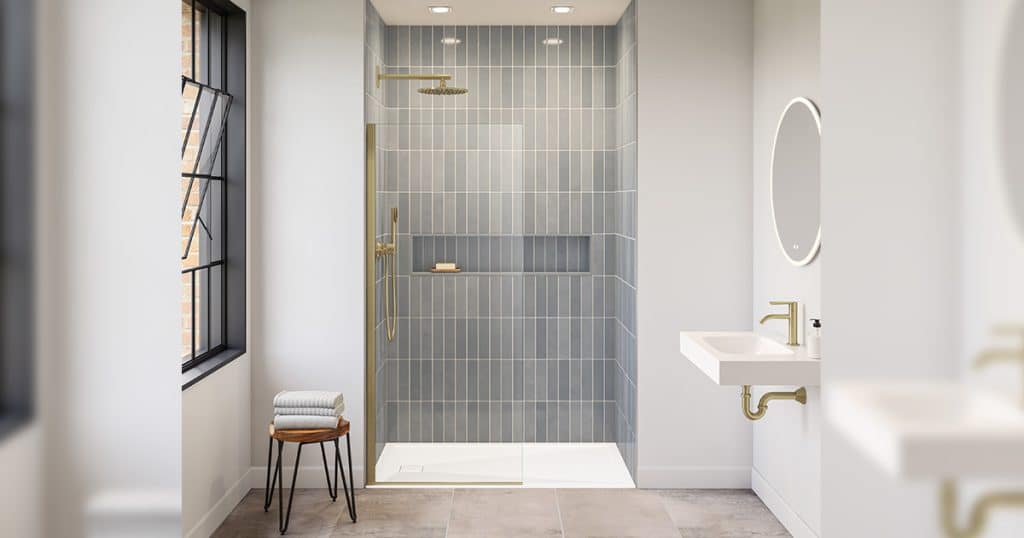In-home services have experienced significant advancements over the past decade, transforming the therapeutic landscape. Local service providers now offer various options to suit various needs. Understanding the future trends in residential aids can help families prepare for evolving demands.
Reputable agencies like SYNERGY HomeCare: comprehensive in-home care across the country, are leading the way by adapting to these changing demands. The approach of such agencies reflects a national trend toward more tailored, accessible care services that focus on enhancing quality of life. Here, we will explore the latest trends that will shape the future of home care.
Technological Advancements
One of the most significant trends in residential assistance is technology integration. Telehealth and telemedicine are transforming healthcare delivery by allowing for remote monitoring and consultations. Wearable devices will be increasingly important in tracking vital signs and preventing health issues. Artificial intelligence and machine learning algorithms are set to enhance the personalization of care plans.
These advancements give nurturers powerful tools to monitor patients’ health efficiently. Continuous data collection enables healthcare providers to detect changes in a client’s condition more quickly. This proactive approach allows for earlier interventions, improving health outcomes. Service providers will be empowered to deliver more precise aid as technology evolves.
Rise of Personalized and Specialized Care
In-home care is shifting toward more personalized and specialized approaches that address individual needs. The future of this solution will be characterized by customized approaches designed for specific health conditions. Domestic services will offer specialized support from chronic illness management to post-surgery rehabilitation. Care plans will consider personal preferences, lifestyle choices, and cultural values to promote holistic well-being.

The increasing focus on personalized assistance is driving improvements in healthcare provider training. As the demand for specialized support rises, attendants will be trained to handle complex medical needs. This shift in service delivery will improve outcomes and offer families peace of mind. The evolution toward individualized models marks a transformative shift in in-home care services.
Growth of Family Caregiver Aids
Personalized care services are not just about professional nurturers but also supporting family helpers. As more people choose aging in place, family helpers have become the backbone of home assistance. The future of this system will focus on providing support for family caregivers through resources, training, and respite services. This will help reduce caregiver burnout and ensure that both attendants and patients receive optimal aid.
Family attendants will gain access to a broader range of tools and support systems to ease their role. Digital platforms for communication, training programs, and respite services will help them. Addressing their needs will create healthier, more sustainable arrangements and reduce stress. This support will help families stay actively involved in their loved one’s assistance while preventing burnout.
Integration of Domestic Support with Primary Therapeutic Systems
The future of this approach will witness greater integration between home assistants and primary clinical systems. This approach will create a more cohesive experience that spans both home and medical settings. The integration will allow for smoother support transitions, especially for individuals with complex health needs. National coordination between therapy providers, insurers, and trusted agencies will support this transition.
Coordinating assistance between providers will ensure seniors receive comprehensive support. This system will reduce gaps in assistance and prevent medical errors while improving process efficiency. It will streamline administrative tasks, ensuring better management across the board. A more integrated system will simplify navigation, especially for individuals with chronic or complex conditions.
Expansion of Access to Services
As the demand for residential support grows, broader access to services becomes increasingly important. Comprehensive support nationwide will expand, particularly in rural and underserved areas. The future of this aid will involve increasing service availability in regions where access to wellness is limited. Expansion will require infrastructure, technology, and training investments to meet the rising demand.
Improved access to in-residence assistance means individuals can receive essential services regardless of their location. More people will be able to age in place, avoiding the need to move to institutional settings. Increased access can help reduce healthcare disparities, ensuring all individuals receive high-quality assistance. Expanding these approaches access will allow everyone to benefit from this evolving model.
Trusted agencies like SYNERGY HomeCare: comprehensive in-home care across the country provide exceptional services nationwide. Such agencies ensure that individuals receive high-quality assistance tailored to their health needs. By embracing innovation and adaptability, they improve the overall healing experience for clients and families. With ongoing advancements, these services will continue to support healthier and more independent living for seniors.



















